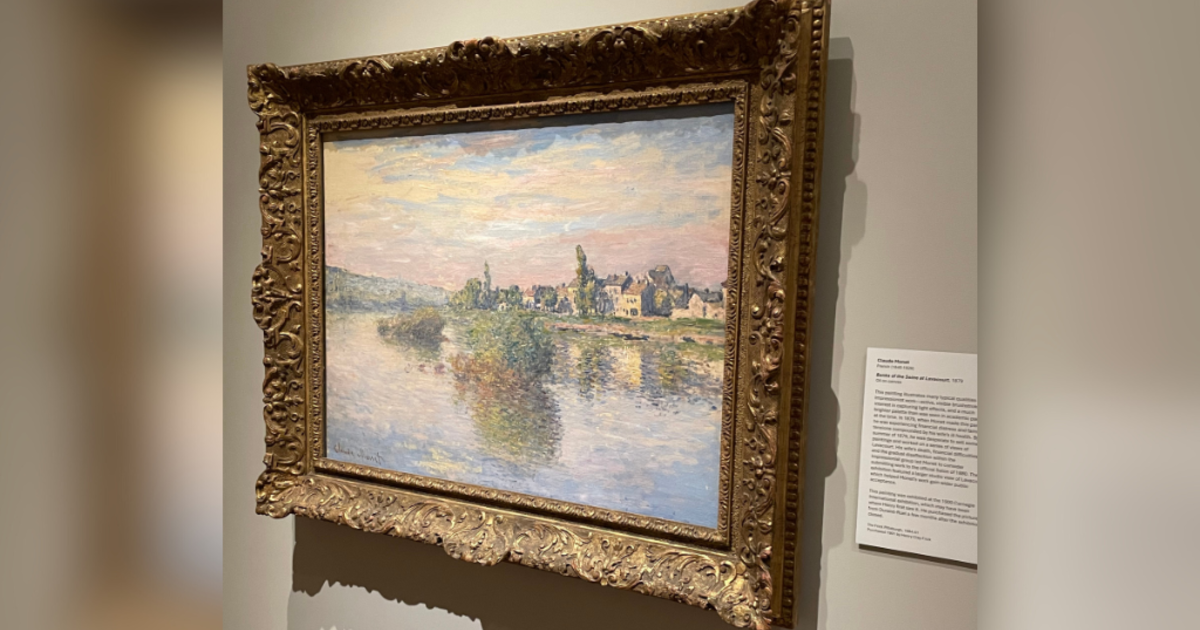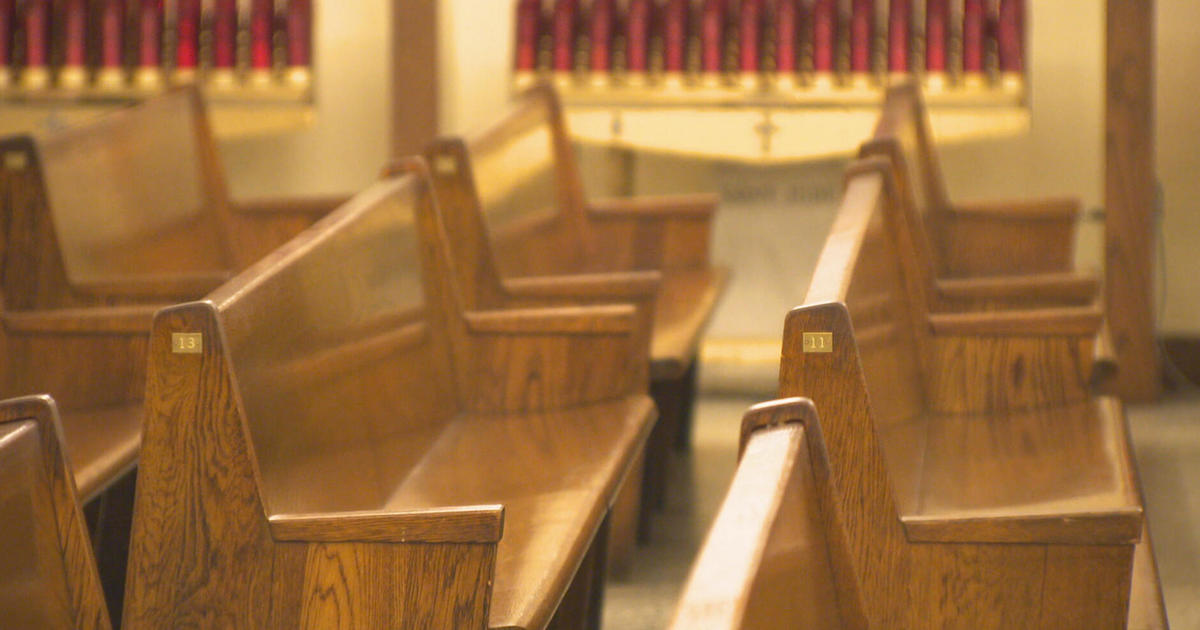Should Public Statue Of Stephen Foster Be Removed Because It Depicts A Slave?
Follow KDKA-TV: Facebook | Twitter
PITTSBURGH (KDKA) -- Mayor Bill Peduto has asked the Pittsburgh Arts Commission to review and suggest what, if anything, should be done about a statue of a famous Pittsburgh song-writer on city property.
The statue includes an African American slave.
Music: "Camp town ladies sing this song. Doo-dah. Doo-dah."
Without question, Pittsburgh native Stephen Collins Foster deserves a place in history.
"I would challenge anybody to remember any other popular songwriter in the 19th century," says Tom Powers, president of the Lawrenceville History Society.
Music: "O Susanna, don't you cry for me."
"Without question, a national icon. He's the father of popular music," says Joe Wos, a pop culture historian.
But now the only local public statue of Foster which is located outside the Carnegie Library in Oakland is under attack because it includes a depiction of an African American slave.
"I feel that this sculpture is not appropriate for public property," says Renee Piechocki, director of public art with the non-profit Pittsburgh Arts Council.
"What is placed on public property is an indication of what a place values, and I don't believe that Pittsburgh values causing people pain with derogatory images and content," Piechocki told KDKA political editor Jon Delano on Thursday.
Not everyone thinks a nearly 120-year old statue should be removed, including Tom Powers, president of the Lawrenceville Historical Society where Foster was born and is buried.
"To sort of do a Soviet-style purge of statues is not what America is about," says Powers. "It's about different ideas, and it's also acknowledging our history, the good and the bad."
Instead of removing this statue of a Pittsburgh icon that may be offensive to some, one local historian says, let's make this a teachable moment. Leave the statue but add some placards that explain why a statue like this was erected in the first place.
"In this situation, this is an opportunity to educate," says Wos, who acknowledges Collins clearly wrote some racist lyrics.
"His contributions to popular music are very important, but we need to look at the bigger picture."
Before any decision is made, Piechocki hopes everyone gets a voice.
"I would like to see as many people thinking about that and reflecting on the question and offering their point of view."
The Pittsburgh Arts Commission is expected to hold public hearings on this, the mayor's office says.



